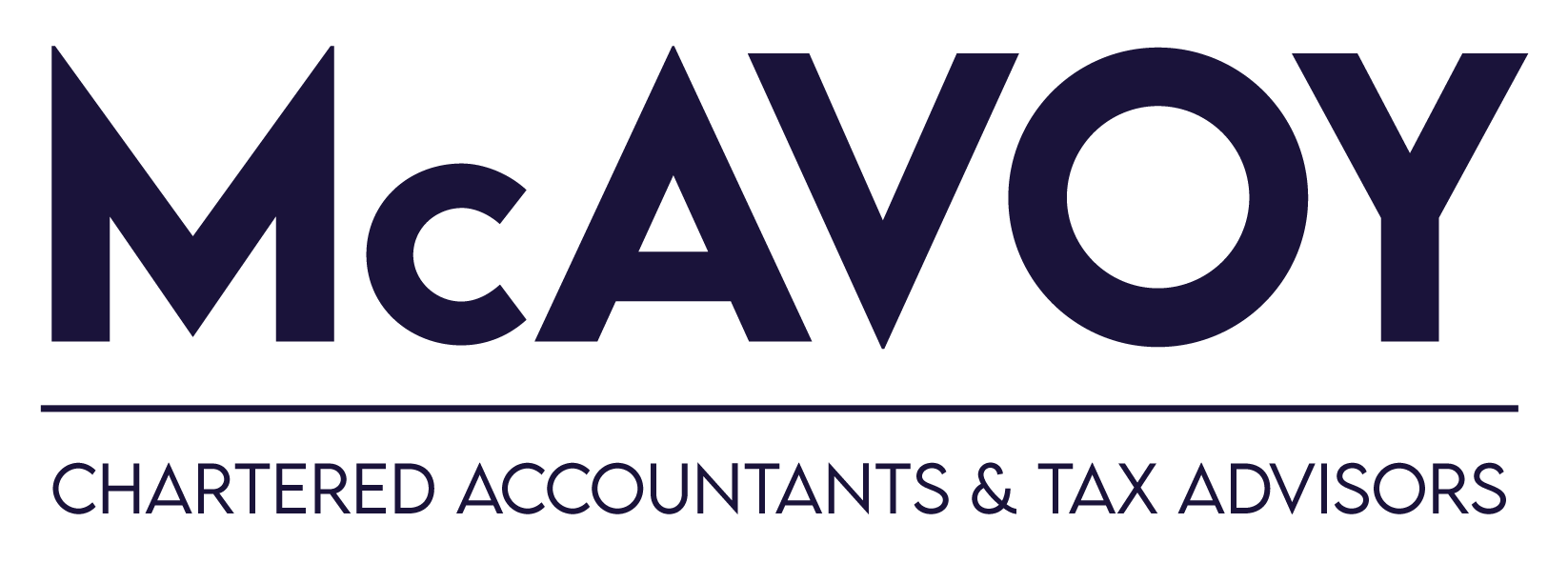It seemed like a good idea at the time.
You own a holiday apartment in Galway. You have a busy schedule and don’t often have time to make it down there. As a result, the lovely sea-front property is often left vacant during the height of the busy summer season.
As a solution to your pecuniary pains, a friend suggests renting the apartment out on AirBnB. A low-cost solution to get the apartment to pay its way in the weeks when you can’t get down to enjoy it.
What can you lose? You set up a profile, take a few photos and, lo and behold, the first booking flies into your inbox within a few days. The payment of €800 is made up front and you sit back, congratulating yourself on a job well done.
A week later, the management company of the apartment complex gives you a call. There’s been a report of leaking in your apartment. Could you drive up and take a look? You arrive with your plunger, ready to unblock a stubborn toilet.
Instead, you find the apartment from hell.
One of the AirBnB guests has somehow dismantled the bathroom sink. Water floods the bathroom of your lovely apartment. The overspill has invaded the other rooms, leaving them a sodden mess. It’s now threatening to leak through the roof of the apartments below.
You find a plumber. The repairs will cost in excess of €10,000. The apartment is unusable for the rest of the summer. That single payment of €800 is all you will receive.
Still, you think you might get tax relief for your losses against your salary. All is not lost.
The following September, you give your receipts to your accountants and explain about the tax loss. A few days later they call you up: The income is Case IV, not Case I. The offset is not allowable against your salary.
What does this mean? How could they possibly ignore your loss?
Rentals such as AirBnB are operated under the terms of a “licence agreement”. Under a licence agreement, a person occupies the property at the invitation of the landlord. They do not have exclusive rights of occupation of the property. The landlord can move the licensee to different rooms within the property. He can also enter the property without issuing prior notice. The most common example of a licence agreement is the hotel industry, which admits guests in the course of a trade.
Case law on renting property under a licence agreement has determined that the appropriate tax cases are either Schedule D Case I (income from a trade) or Case IV (Miscellaneous Income). The designation of your income to Case I or Case IV is important. It will affect the treatment of any losses for the purposes of your income tax return.
Under Case I, losses incurred in a trade are available for offset to other income for the same tax period. In the case of your AirBnB above, you could offset the €10,000 loss against your employment income, effectively reducing your income tax burden by €4,000.
Be aware, however! There is a restriction for the offset of Case I losses in the case of non-active trades. A non-active trade would be one that does not take up the greater part of your time on day-to-day management i.e. more than 10 hours a week. If your AirBnb trade is non-active, the amount of your available losses for offset against other income in the same period is restricted to €31,750.
If your AirBnB losses exceed your taxable income for the year, you can elect to carry forward any unused losses to be offset against future profits for the same trade.
In contrast, if the income is Case IV, there is no offset allowable (except if you have other Case IV income). The losses for the period are carried forward to be used against future Case IV profits. Clearly, your accountant has assumed that your income is chargeable under Case IV rather than Case I.
So, what is the distinction between Case I and Case IV for licence agreements?
Case I charges income from a trade. Trade involves “the exchange of goods, or of services, for reward…by way of business.” When examining whether an activity constitutes a trade, consideration is given to the “badges of trade”. These are a list of indicators of trade, developed in UK case law many years ago.
Although all of the badges are taken into consideration when deciding if an activity constitutes a trade, the main points in relation to our case are the following:
- The frequency of the activity: How often did you use, or plan to use, your apartment for AirBnB?
- Supplementary work: How much time did you spend organising the activity? Was this activity carried on in the period of trading?
- Motive: Why did you list your apartment on AirBnB? Was this the start of an organised, profit-making activity or was it just a once-off transaction?
Case IV is the “sweeper” tax case. It “sweeps” up all income received in the year that does not meet the criteria for Cases I, II, III or V. Income that is received on renting out your apartment on a “once-off” or infrequent, casual basis would be included in Case IV.
Your accountant probably included your AirBnB income into Case IV for several reasons. Firstly, as there was only one rental in the year, there is no indication that your rental is a “trade” that you will continue in the future, as opposed to a once-off favour (frequency of activity).
Secondly, your accountant will consider the effort you have put into organising the rental (supplementary work). Have you organised people to admit your guests, help them settle in, keep an eye on the property by inspecting it before your guests arrive, cleaners for the apartment post-letting to make it ready for the next guests?
Finally, they will consider your motive. Was it your intention to run a commercial service for guests? Or did you want a loss making business so you could continuously offset your losses to your other income?
If your intention is to continue the AirBnB listing, then presenting evidence of this to your accountant (for example, bookings in the current year, expenditure on advertising, and management staff etcetera) would build your case for your losses to be treated as Case I income and, therefore, available for offset to your other taxable income in the year.
If one bite of the AirBnB apple is enough for you, there are other Case IV income streams against which you can offset your loss for the year. Income from annuities, pensions’ contribution refunds, building society interest, bank interest and scrip dividends from unquoted Irish companies are all included under Case IV.

